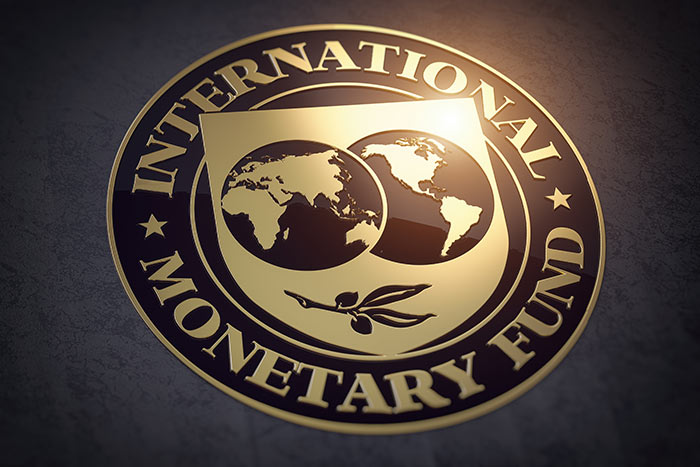IMF praises Sri Lanka’s economic progress but urges continued reforms

The International Monetary Fund (IMF) has acknowledged Sri Lanka’s positive economic progress under its Extended Fund Facility (EFF) arrangement, while calling for continued reforms and careful risk management to ensure long-term stability.
Following a recent Executive Board discussion, IMF Deputy Managing Director and Acting Chair Kenji Okamura stated that Sri Lanka’s performance under the Fund-supported program is “generally strong,” with key reforms already showing results. He noted that the country is seeing stronger economic growth, low inflation, improving government revenues, and an increase in foreign reserves.
The debt restructuring process is also nearing completion.
However, Mr. Okamura warned that while the overall outlook remains positive, risks have increased. He advised the government to stay closely engaged with the IMF in case new challenges arise, ensuring that any policy adjustments remain within the program’s framework.
Key Recommendations and Commendations
The IMF emphasized the importance of steady program implementation. It highlighted that:
- Sustained revenue generation is essential to maintain fiscal stability and create room for public spending.
- Strengthening tax policies, improving tax collection, and better management of government finances are vital steps.
- Targeted support for vulnerable communities should be further enhanced.
- Efficient and timely capital spending can help drive medium-term economic growth.
The Fund also praised Sri Lanka’s decision to return to cost-recovery electricity pricing and to implement automatic tariff adjustments, which help manage fiscal risks.
On the debt restructuring front, the IMF noted “noteworthy progress” and stressed the importance of finalizing remaining agreements with bilateral and commercial creditors.
In terms of monetary policy, the IMF urged Sri Lanka to maintain its focus on price stability, eliminate central bank financing of the government, and preserve the independence of the Central Bank. Increasing exchange rate flexibility and phasing out foreign exchange controls were also highlighted as crucial for building economic resilience.
The Fund further recommended that the government address non-performing loans, improve the governance of state-owned banks, and strengthen legal frameworks related to insolvency and financial resolution. These steps would support credit growth and help boost private sector development.
Addressing Reporting Issues
The IMF also reviewed Sri Lanka’s past noncomplying purchases under the 2023 EFF arrangement. It was found that the country had provided inaccurate data on unpaid government bills, known as expenditure arrears, during the first three program reviews. These errors were due to delays in reporting from government departments and confusion over the IMF’s definition of arrears.
However, the IMF recognized that the mistakes were unintentional and praised the government’s corrective steps. These include ensuring that the overdue payments are covered within the current budget and improving financial reporting systems under the new Public Financial Management (PFM) law.
Given these actions and the government’s commitment to better practices, the IMF granted waivers for the breaches and decided not to take further action.
Call for Deeper Reforms
Finally, the IMF stressed that broader structural reforms are necessary to unlock Sri Lanka’s full economic potential. These include stronger governance, improved transparency, and trade reforms to expand exports and diversify the economy.
Latest Headlines in Sri Lanka
- Sri Lanka President says true independence lies in economic freedom, unity February 4, 2026
- Sri Lanka grants special presidential pardon to 49 inmates February 4, 2026
- President Anura Kumara Dissanayake’s 78th National Independence Day message February 4, 2026
- Sri Lanka moves to strengthen fight against money laundering and terror financing February 3, 2026
- L.S.P. Jayaratne approved as Auditor General by Constitutional Council February 3, 2026


